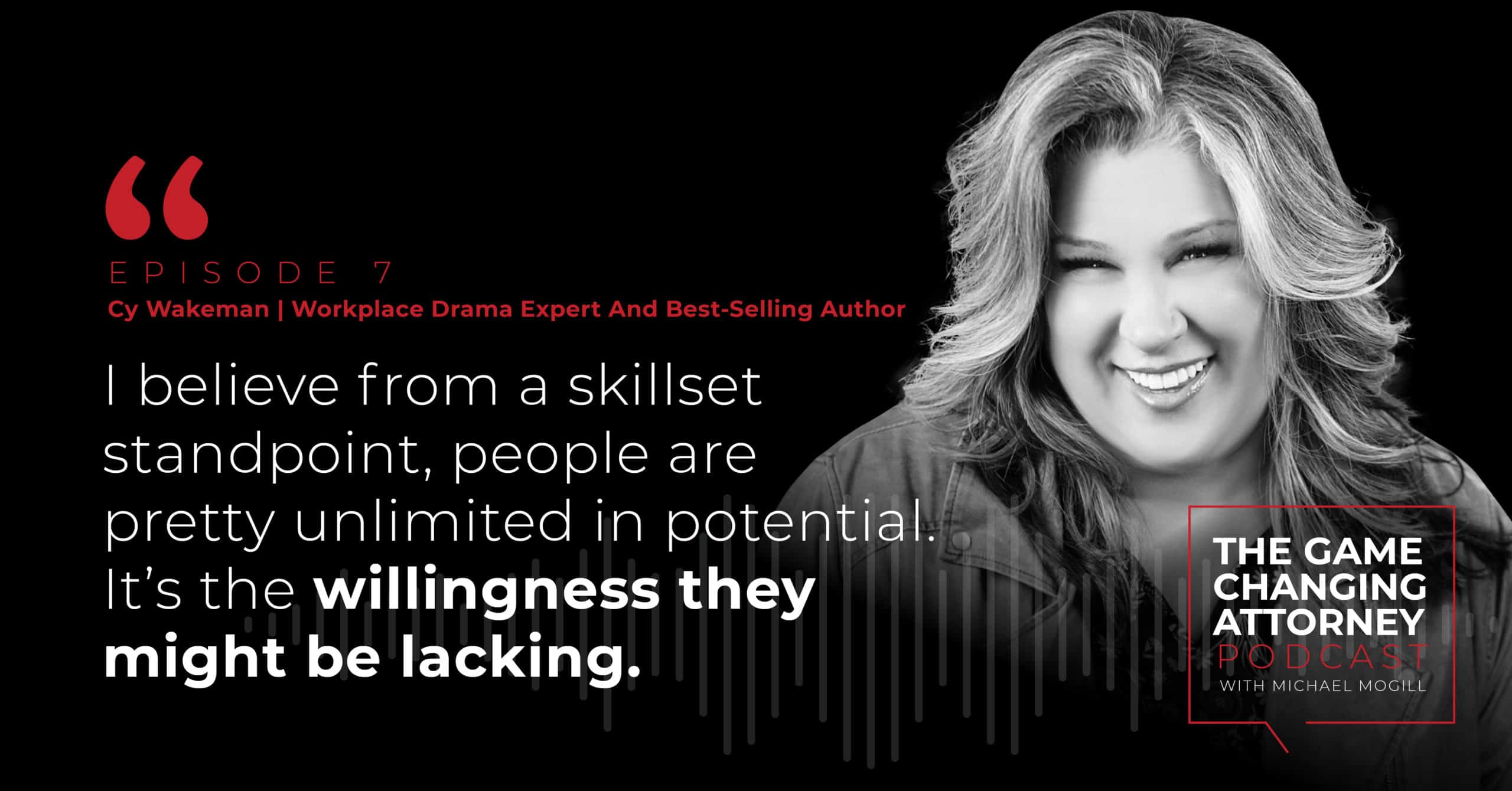BREAKING NEWS: You are the CEO of your law firm.
You’ve realized that running your firm requires more than just winning cases. When you’re a law firm owner, you become the hiring department, marketing department, and finance department all in one. Law school sure didn’t teach you how to handle all of that.
Need a quick business degree? Don’t worry, we’ve got you covered. We’ve worked with hundreds of the best attorneys in the country and discovered some proven strategies along the way.
Here, you’ll find a guide for all the essential business strategies that law school forgot about. By the end, you’ll be tossing your MBA grad cap.
- Start with You — The Law Firm Owner
- Law Firm Hiring
- Training Your Team
- Law Firm Culture
- Fostering Accountability
- Goal-Setting
- Your Vision
- Systems and Processes
- Client Experience
- Standardized Communication
- Next Steps
1. Start with You — The Law Firm Owner
Before you dig into your practice and your team, take a step back. Try observing your own habits from the outside. There are many hats you wear as a law firm owner — since you can’t do it all, you’ll have to prioritize what will stay on your plate and what you can delegate to others.
Can you identify the areas that you’re good at, that you enjoy, and those you dislike? Spend some time envisioning your ideal day-to-day workload.
Then, take a hard look at your ability to manage your time. If you have trouble staying on task or feel like you’re constantly putting out fires, consider some of these tips to improve your productivity:
- Block time on your calendar to work on the business, not in the business.
- Look at previous days and weeks to see where your time is actually spent. What can you learn to say “no” to? What can be delegated? What can be automated?
- Maximize your confidence as a leader by doing things that energize you, so you can be most effective for your team.
- Learn how to delegate responsibilities properly; not every task carries the same weight.
- When delegating, remember that just because you don’t enjoy something doesn’t mean that other people don’t enjoy it. A task you dislike doing could be something your team enjoys.
As the law firm owner, you are often expected to do anything and everything. This, however, is a narrative you can control — if you teach your team that your time is valuable and there are only specific tasks that you can prioritize, they will learn to adapt.
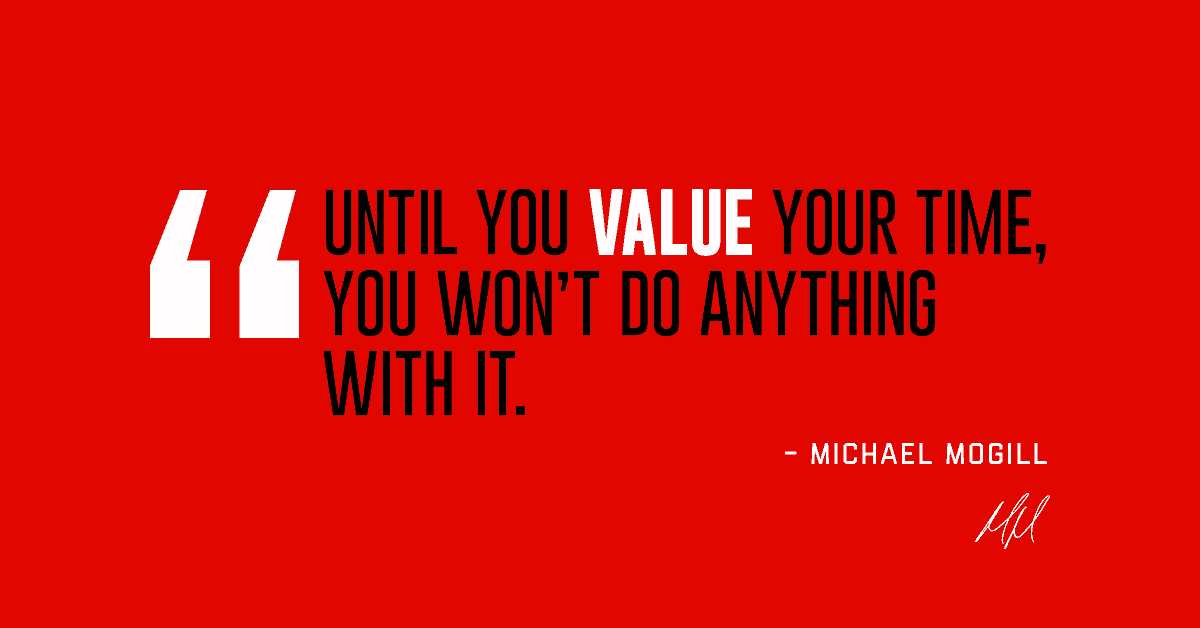
Allowing your team to take on more responsibility allows them to grow, as well. So, protect your time and operate within your unique ability. Spend your time wisely so that you are more effective for your firm and growth goals. Communicate your expectations to your team, but never assume that they understood as you intended.
Stay disciplined, be willing to be a student, and remember that sometimes “done” is better than “perfect.”
2. Law Firm Hiring
Accepting that you cannot do everything will then require delegation. If you are a solo practitioner, this means you might be looking to make your first hire. If you are an established firm with a full team, you might even learn that you still require new hires after this discovery process.
Yes, hiring and onboarding can be expensive. It requires time, effort, and eventually you’ll have another salary to pay. But you have to reframe this mindset, because hiring is an investment that will pay off in the growth of your firm.
By accepting the idea that you need to make a hire, you are committing to growth. Buckle up, because in order to grow, you have to think bigger and commit 100%. Growth means being comfortable with being uncomfortable — take it from one of our favorite podcast guests and renowned negotiation expert, Chris Voss.
You’re going to want to hire in anticipation of growth. It takes about eight months for a person to contribute value to your organization, so if you suspect you’ll have different needs down the road, start preparing ahead of time.
When you’re determining whether to hire a new team member, first consider what needs your firm has. Do you need another lawyer to handle cases? An additional paralegal? Do you need support staff outside of the legal work? Do you have a need for someone that specializes in finance or marketing?
Here are some of the top strategic positions for law firms:
- Partner
- Associate Lawyer
- Intake Specialist
- Marketing Manager
- Bookkeeper
- Office Manager
- Chief Financial Officer
- Paralegal
- Legal Assistant
- Receptionist
- Law Clerk
- Court Runner
If you don’t think a typical position will fit your needs, you’re in luck — as the law firm owner, you can hire for whatever it is that you have the need for. Or you can change the standard expectations of any one of these positions and specify in your job description.
Never settle for something or someone that will not fulfill your firm’s needs.
Need an assistant that also helps with marketing initiatives? Need an office manager that also writes the checks? As long as you can find the right person to do the job, you can make it happen.
While you’re considering your firm’s needs, take a step back and examine your current team. Would you enthusiastically rehire every person on your team? If not, you might want to either develop an improvement plan for that person, or reevaluate their employment status at your firm.
Consider the following “funnel” idea we’ve implemented for our hiring process at Crisp. It’s long, and not simple, but it helps us ensure we’re hiring the right candidates for our team.
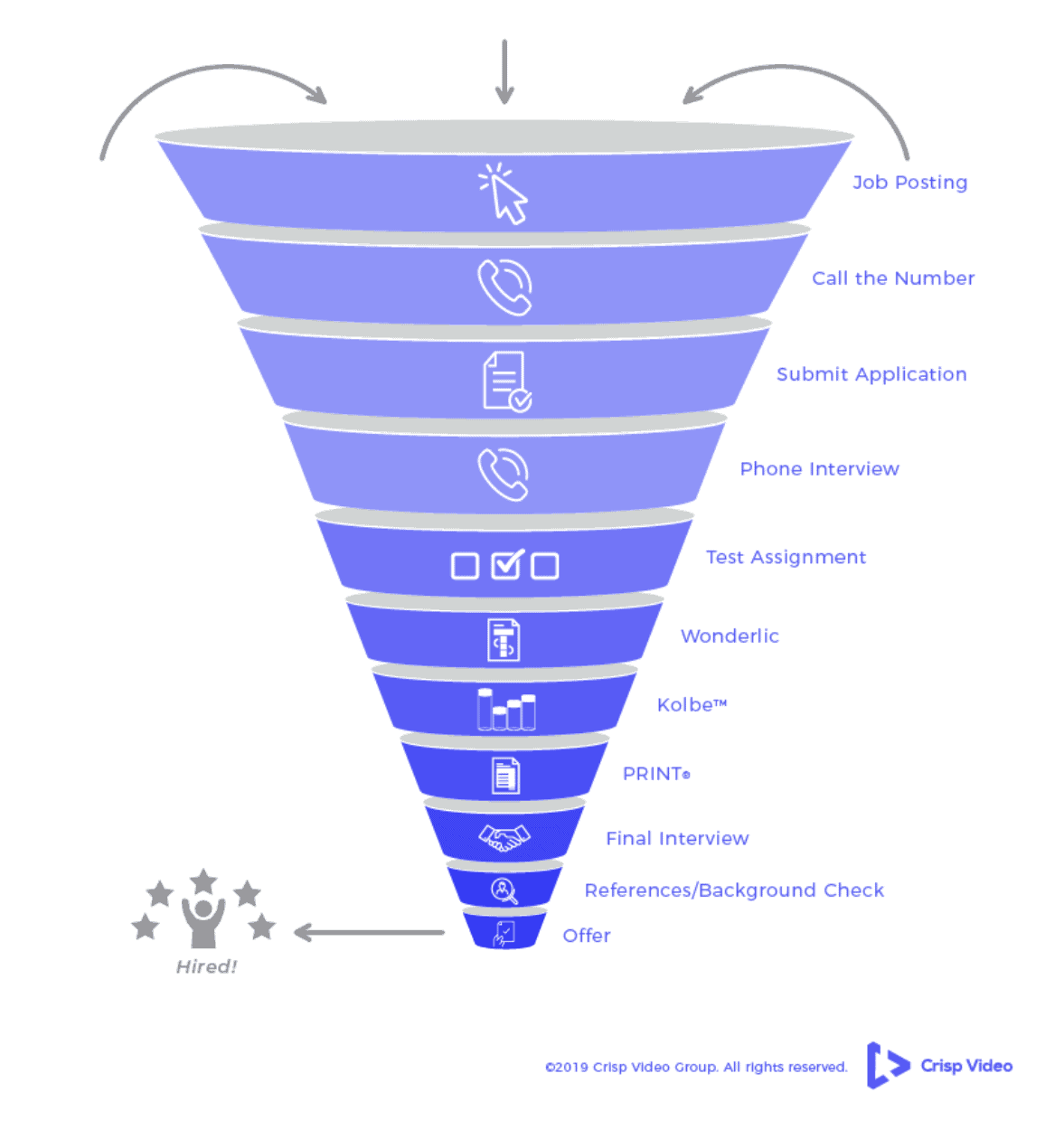
Once you’ve decided exactly what it is that you need, it’s time to put your requirements into a job description and start collecting resumes. There are many ways to get your job posting out there. Try using any of the following:
Promote these job openings on your own channels as well — your website and social media accounts are a great place to start. Referrals are often a good way to find talent, so let friends, family, and colleagues know you’re hiring.
When it comes time to interview all the applicants you’ve received, pause for a moment. You do not have to interview every single applicant. Save yourself some time by first reviewing whether or not the applicant followed the application instructions you gave in your posting.
If your instructions were to email a resume directly to your firm, but an applicant instead sent you their resume on LinkedIn, will hiring them be a good idea? If a prospective hire can’t follow simple application instructions, they will likely not follow instructions in your firm down the road.
Now, when you have a special selection of top-notch resumes, consider how you will be conducting interviews.
In the current climate, remote interviews might be best for everyone. How many rounds of interviews will you conduct? Do you have a partner or manager in your firm that will also sit in on interviews? Prepare questions and review resumes ahead of time so that you can get into the real meat of what you need out of a potential team member.
When getting ready to make the final decision, ask yourself whether you have the best person for the job, or just the best person that’s available.
Even one bad hire can be toxic to your entire organization, and you are responsible for ensuring that doesn’t happen. Workplace Drama Expert Cy Wakeman drove home this idea in an electrifying episode of The Game Changing Attorney Podcast that’s a must-listen for your law firm owner and entrepreneur education.
Our best advice is to hire for values and cultural fit, then train and invest in your team down the road. For more resources, check out our blog post that dives deeper into hiring methods here.
3. Training Your Team
Congratulations on picking the right candidate for your firm! You’re on your way to transformative growth.
First things first, though — new hires need training.
Companies with comprehensive training programs have, on average, 218% higher income per employee.
Streamlining your onboarding process, however, is not easy. Creating something that works for you and other members of your team will take your focus away from other responsibilities, unless another member of your team can be responsible for training. It will take time to gather resources and explanations for all the tasks a new hire will need to complete in order to fully understand the firm, their role, and how to do all the tasks asked of them.
Keep in mind that everyone learns differently. Some people are visual or auditory learners. Some people need to just do something themselves to learn it completely. Maintain an open line of communication with your new hires to ensure they are learning in a way that works for them.
You can cover your bases for new employees by creating a thorough playbook, walking them through it, and helping them set attainable goals for the first 30, 60, and 90 days. Your playbook should include:
- Basics of your firm, including mission, values, policies, and a description of other team members and how everyone fits into the organization
- A list of details about your current clients. Consider creating a “study guide” and quizzing new hires on details about your clients.
- Expectations and accountabilities of the position
- A “how-to” on all established processes
- Frequently asked questions
If you are training multiple employees at different times, or virtually, try tools such as Trainual, Loom, or Vidyard for screen recording and standardized training purposes.
We expect that all this information might seem a little overwhelming — it’s normal to feel that way. You’re giving someone instructions on what they’ll be spending 40+ hours per week accomplishing. This is not a task that can be achieved overnight.
Luckily, we have a great resource for you. We’ve developed Crisp Academy specifically for this purpose. Crisp Academy provides your law firm a one-stop shop to expand and sharpen your team’s specific skillsets, boost productivity, and drive the results you need to reach your goals. For the most cutting edge insights and top courses and certifications in the industry, check out Crisp Academy here (exclusively available to Crisp Coach members and their teams).
4. Law Firm Culture
One of the most-used words in modern hiring practices: culture. Don’t cringe just yet, though — while many law firm owners blow off culture as some fluffy, ambiguous thing, it’s actually the one factor that will most set you apart from other law firms.
If you want top legal talent to choose your law firm over your competitors, you’d better take a serious look at developing your firm’s culture.
At Crisp, we weave our culture into everything we do. Not only is it effective for our current team and prospective hires — it’s also something that gets noticed by clients. Your culture is more important to clients and team members than you might realize, and it doesn’t require a fancy breakroom or ping pong tables.
Instead, focus on a values-driven idea of what culture at your firm should look like. Take into account what works at your firm and what doesn’t. Create core values as a guideline to structure company culture around.
From here on out, all policies, new hires, and current team members should align with the culture and core values you’ve established. Make sure that you are also a representation of the culture you preach.

As a leader, you’re setting a standard for your firm’s culture, and you can’t let anything that doesn’t meet that standard fly. For example, hiring a talented individual that doesn’t mesh with your culture will stunt your growth.
Established culture provides a blueprint for consistency and accountability within your firm. As legal marketing expert Harlan Schillinger puts it, culture is a tactical approach that shows through everything that is done by everyone in your firm.
If you need further assistance creating and establishing the right culture at your firm, explore our Crisp Coach program, which was designed to help you cultivate an aligned culture and lead your firm more effectively.
5. Fostering Accountability
Accountability is by far the most critical aspect of creating a successful business strategy for your firm. Why? Because even the best growth strategy in the world will fail if no one is held accountable for it.
At its core, accountability means making commitments and keeping them — but it is also about clear follow-through, ownership, and measurable goals. In a fast-paced environment, it’s easy to say you’ll do something, then move on and forget. Unfortunately, you’ll never meet your goals if this is the case.
Accountability accelerates performance. Use accountability measures to combat inefficiency and lack of commitment to your goals. Set regular meetings, reminders, and deadlines help to hold you and your team accountable. Establish an accountability partner within your firm that will encourage you to meet these goals.
Be aware that accountability requires clear communication from you as a leader. Accountability won’t just develop on its own. It takes time and effort on your part to instill it in the culture of your firm. You are responsible for establishing accountability guidelines and making them available to the team.
Ultimately, holding your team accountable will result in better service to your clients, effective time management, and reaching overall outcomes for your firm. Check out our blog about keeping your firm’s team accountable, and why accountability — for yourself and your team — might just be the difference between your firm growing or failing.
6. Goal-Setting
Setting goals for yourself and your team is the surest way to push your firm in the right direction. Goal-setting provides clarity — if you don’t set goals, you won’t know what you’re working toward.
Our first tip for setting goals is to use SMART goals. If you haven’t heard of this before, it’s a way to set goals that you can actually reach. SMART is an acronym that stands for Specific, Measurable, Achievable, Relevant, and Time-bound:
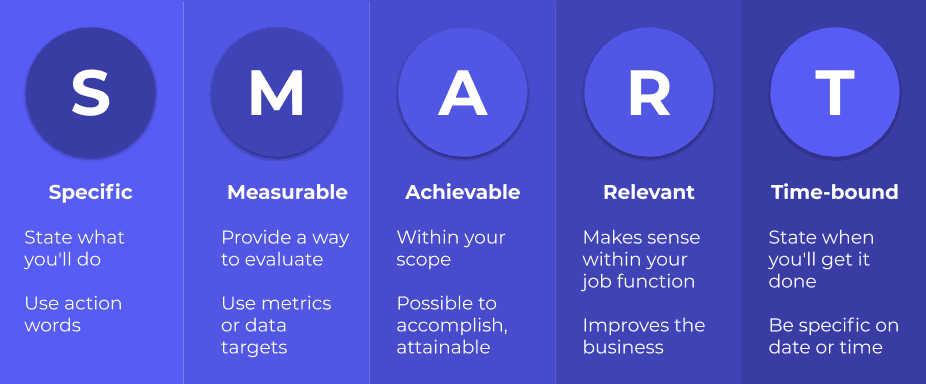
Here’s an idea of the kind of goals you should be setting with your team:
- New hires: 30, 60, and 90 day learning-focused goals.
- Everyone at the firm: Overall personal and professional goals. Overall firm revenue goals.
- Marketing: Goals related to key performance indicators (KPIs) for social media, website traffic, revenue, and different firm initiatives.
- Intake: Client satisfaction, lead conversion, and speed of service goals.
- Assistants: Contributions to the priorities of their respective departments.
Then, consider the goals you should be setting for yourself, as the law firm owner. Listen to Crisp Founder & CEO Michael Mogill as he puts into perspective the way in which your decisions affect your goals:
Identify the critical results that your firm needs to achieve. Consider the behaviors and factors that will contribute to that end goal. Then, break larger goals into smaller, more manageable goals. For example, an annual goal that will take a full year to achieve should be built up to with smaller, bite-size goals to hit daily, weekly, and monthly in order to stay on track.
Focus on setting a few select measurable goals per team member. Then figure out how you can track it and make the progress public knowledge within the office to boost accountability.
What gets measured gets improved. What gets measured and made public gets drastically improved.
One quick tip that we recommend and use every day at our company is CommitTo3. Try it as an incredibly simple way of managing daily goals for you and your team.
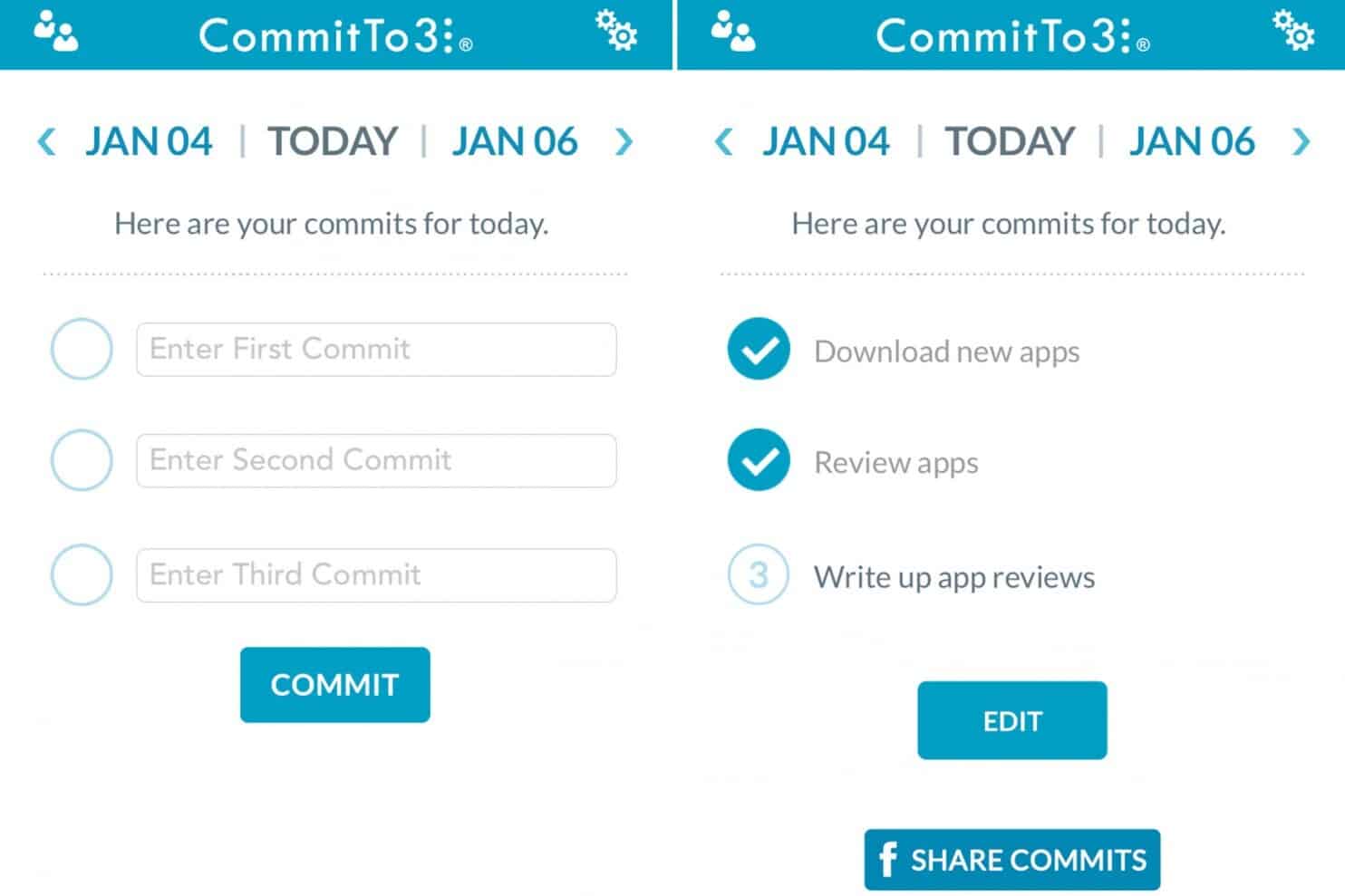
Remember: goals are not permanent. They should change over time in order for you to progress. There is always room for improvement.
7. Your Vision
Similarly to goal-setting, vision-setting is an important factor in knowing where you’re going. You can’t determine how and where you’re going until you know what it is that you want to achieve.
To start, imagine we are having this conversation five years from today. What would have happened in your firm for you to be ecstatic?
Now, narrow down and refine that five-year vision. What has to happen in one year for you to be on track? What has to happen in the next 90 days?
Doing this activity enables you to gain clarity over what action items are needed to accomplish your big goals.
Now ask yourself how much time and money this vision will cost you — not how much you want to spend, but how much you need to spend in order to get where you want to be. How much of an impact will these goals have?
Focus on the high-impact items. Even if they cost a lot of time and money, they will deliver the biggest results.
Once you have an idea of where you’re going, set a simple, standard vision that your team can easily understand and prioritize every single day. This is your team vision, which allows everyone to push forward in one direction toward the same thing. At Crisp, our vision is clear:
“We’re on a mission to help over 1,000 law firm owners grow their revenue by $1 million+ ($1 billion+ impact) in the next five years.”

8. Systems and Processes
Without clear systems and processes within your firm, you cannot expect your team to deliver great value on any of the other important pillars within your firm.
Don’t set high expectations for training, accountability, goals, client experience, or communication — unless you develop a process for them first.
Creating processes cultivates consistency and scalability.
This is done with clear expectations that are outlined and easy for every member of your law firm to follow. The way to know that a process is effective is if it empowers someone to recreate success over and over — even if the original person who created the process is no longer with the firm.
Not all processes have to be complicated or rely on technology — effective processes can be as simple as a filing system. However, we have plenty of easy-to-use tech recommendations that will make your life easier — and your firm’s operations more streamlined and consistent.
Try a combination of the following systems.
Legal-Specific CRM
Project Management
Communication
File sharing
Once you’ve picked a host of systems to use, work with your team to develop a standardized way of using them together that allow for the most seamless and efficient use of everyone’s time.
9. Client Experience
The client experience begins with who you’re marketing to and how you’re doing it.
The first step in developing your marketing strategy will be to determine your ideal client persona — the person you want to be a client at your firm. Once you’ve identified that person’s needs, you can create customized content to distribute in an effort to reach that person.
Chances are, if you’re doing your content marketing right, you will bring in your ideal clients, and they’ll be eager to work with you. Then, make sure you master the intake experience to ensure that leads convert effectively to clients.
Once they’re clients, it’s important to make their experience as smooth and successful as possible, so that they remain happy and later refer their friends and family to your firm. How do you achieve client satisfaction?
- Establish initial expectations. By beginning a new client relationship with an introductory meeting, you can establish honesty, trust, and an open line of communication right from the start. Try offering a system that provides your clients with access to your team 24/7, like Podium, Kenect, or Zipwhip.
- Set goals. Your clients have goals, too. They hired you to be a solution to their legal problem, so you need to establish exactly what that problem is and set clear expectations for how you are going to fix it.
- Maintain consistency. You set the expectation with the client, so you need to maintain it throughout their experience and make sure you and your team always delivers. If they are counting on clear communication, then that’s the way it should always be.
- Be quick and efficient. Your clients don’t want to talk in circles or dance around any subjects. Don’t waste their time, and they won’t waste yours. Be fast when replying to their questions and concerns, and be efficient in processing anything they need. It will go a long way.
- Measure it. You’ll have no idea whether a client is satisfied or not if you don’t track it. Keep a line of open communication and ask them for feedback after their case is closed. Gathering this feedback can be as simple as a questionnaire from SurveyMonkey, Typeform, or Google Forms — or it can be as structured and intelligent as programs that are made for client reviews, like Ask Nicely and Delighted.
When you put your clients first, the results speak for themselves. Client success stories are not only great for them, but they’re great for you. Clients hire you for a reason — when you meet (or exceed) their expectations, they will be happy to support you.
Find the answers to more tough questions in our podcast episode featuring Joey Coleman — the expert on client experience.
10. Standardized Communication
Make sure everyone in your firm understands what information goes where. Pick the systems and processes that work best for your firm, and stick with them. Email overwhelm should be a problem of the past. You can sort important communications on different platforms. Try using:
- A chat app, like Slack, for casual internal communication (although certain channels can house more important information if specifically created for that intent).
- Email for important information, shared emails can be organized using an app like Front.
- A project management tool, such as Wrike or any of the others listed above, for tasks and projects, and to house all details in one place. This is especially helpful when there are multiple team members in your firm that work with the same client at different stages of the process.
Communication with prospective and current clients should be consistent, too. If you tell your clients that your team is available 24/7, then you need to ensure that promise is kept. Your clients should also be aware of any communication systems that you’ll use with them, including email, phone, and any softwares that they might be required to use.
Do you use an e-signature system for documents? Or a specific payment system that clients will have to learn how to use? Provide them with this information and step-by-step instructions ahead of time.
Lastly, you should also be clearly communicating any updates with your clients proactively. The last thing a client wants is to wait on your responses with important information.
The clearer your communication is, the more satisfied your clients and team will be.
11. Next Steps
As a law firm owner, this might be a lot of new information all at once. Luckily, there are many resources out there to help you keep your workload under control, and having a good team to fall back on is key.
While this mini MBA is not all-encompassing, it’s a good place to start. Crisp offers a plethora of resources with more information about each of the topics we’ve covered today. Check out our blog, podcast, and book to get started!
For closer assistance with the development of your firm and your growth as a law firm owner, consider applying to join Crisp Coach — a hands-on approach to unreasonable law firm growth.



